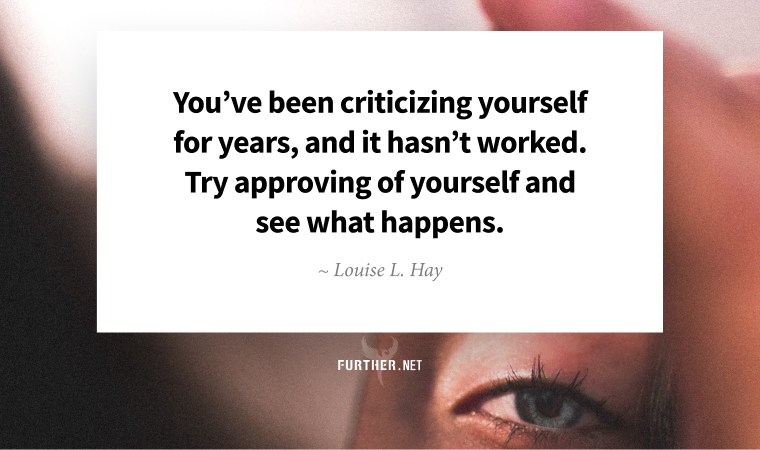
Not every email headline catches my eye, but this one from “Modern Gen X Woman” sure did:
We wielders of latchkeys take pride in our fierce independence — and worry that we’ll lose our edge if we go soft. As we’ve aged, sandwich generation obligations have only made us more reliant on our trademark resilience to soldier on.
In other words, we seldom give ourselves a break.
So how do we keep going? Sheer grit and occasional surges of self-esteem when we succeed at something. Both take concerted efforts to build and maintain, though, so it’s no wonder we’re exhausted.
Here’s a novel idea: instead of beating yourself up when things are rough, have some compassion. As it turns out, that’s a scientifically proven path to a more confident you.
What is Self-Compassion?
Self-compassion is treating yourself like you would a close friend, even when they (you) mess up. So, for example, if you’re training for a race and you fall off track, instead of berating yourself and forcing yourself to push harder, you can remind yourself you care about your health, and resuming your workouts is the best way to feel better.
According to psychology professor and author Dr. Kristin Neff, Ph.D., this builds greater resilience because you’re spending less time spinning on your failures and more time thinking about how you can achieve your goals — even if there’s discomfort in the process.
Self-compassion gives you a stable source of self-competence, as opposed to a “sugar high.”
Plus, her research shows that because self-compassion is about caring about yourself enough not to want to see yourself suffer, you’re more likely to take risks, rebound quickly from failure, and are generally more motivated and confident.
Be Kind to Yourself
There are several self-compassion practices you can add to your daily routine.
- Get curious: When you screw up, instead of going into negative self-talk, ask yourself, “What do I need?” to identify the support or behavior shifts that will help you change and grow.
- Use self-touch: Lower your cortisol levels by touching your cheek or putting your hands on your heart. Also, rubbing your chest activates your vagus nerve to help release stress.
- Recognize when being too harsh on yourself: We tend to be our own worst critics, so when you hear the voice in your head rattling off all the ways you suck, take it as a cue to pivot away from that nastiness and instead offer yourself some kindness.
If being nice to yourself doesn’t feel natural at first, don’t stress. You don’t have to be perfect to be compassionate — just willing to accept yourself exactly as you are.
How To Practice Self-Compassion And Build A Stable Sense Of Confidence (Women’s Health)
